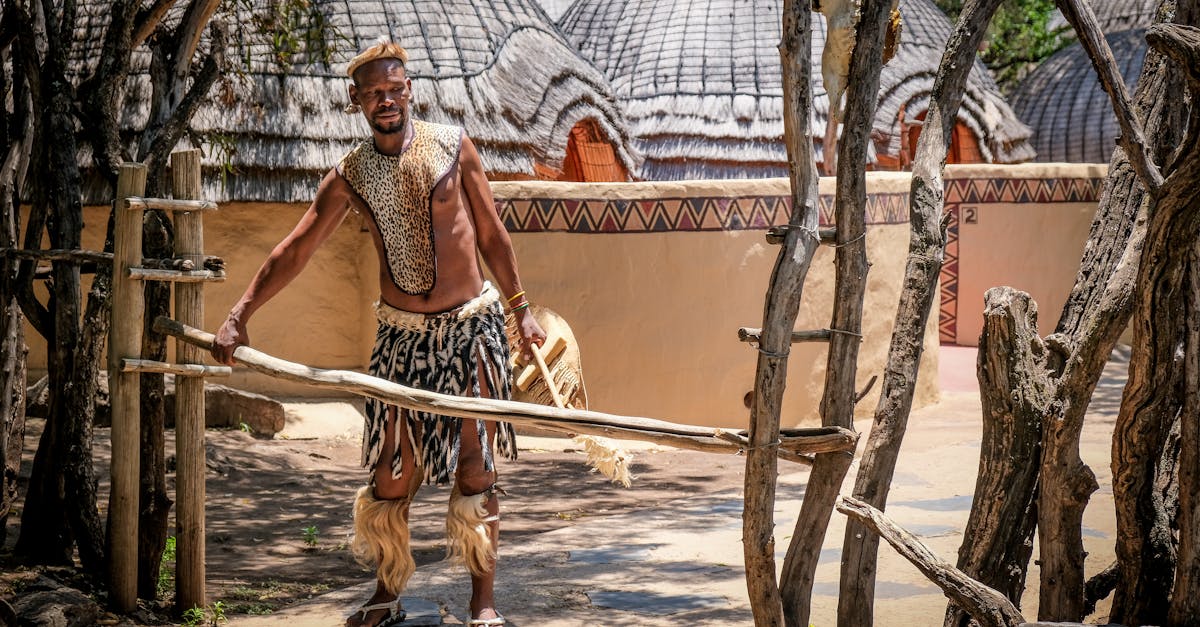Unveil the hidden gems of African history and uncover its untold stories! Join us on a captivating journey through the rich tapestry of African heritage to discover the valuable lessons embedded within its historical trail. Let’s embark on a quest to explore the wonders and wisdom that await us in the depths of Africa’s past.
the importance of studying African history

Unveiling the Hidden Gems of African History
Embarking on a journey through African history is like delving into a treasure trove of stories, cultures, and legacies that have shaped the continent into what it is today. The significance of studying African history goes far beyond mere academic curiosity; it is a quest to understand the roots of humanity, the resilience of diverse communities, and the rich tapestry of experiences that make Africa a beacon of heritage and tradition.
Reclaiming Black History: A Call to Action
In recent years, there has been a conscious effort to fill the gaps in traditional education by highlighting the humanity of Blackness that has been overlooked or misrepresented. From the importance of Black History Month to the ongoing challenges historians face in preserving and teaching Black history, the spotlight is now shining brightly on the narratives and experiences that have often been sidelined.
The Evolution of African Diaspora Studies
As we navigate the complexities of African diaspora studies, we unravel the interconnectedness of global history and the profound impact of African cultures on a worldwide scale. Through initiatives like Black History Month and the integration of African American Studies into academic curriculums, a reevaluation of how history is taught is underway, paving the way for a more inclusive and diverse educational landscape.
Educating Through Diversity: The Power of Representation
Teaching African history is not just about recounting past events; it is a means of fostering empathy, understanding, and appreciation for the myriad voices and experiences that have shaped our world. By exploring the resilience, creativity, and cultural legacy of African communities, we embrace a more holistic approach to education that celebrates diversity and empowers future generations to strive for inclusivity and equality.
Unlocking the Future Through the Past
As we delve deeper into the annals of African history, we unearth not just stories of the past, but also potential pathways to a more enlightened future. By understanding the complexities of African DNA, the intersectionality of Black, Asian, and Minority Ethnic history, and the importance of teaching Black history year-round, we lay the foundation for a more informed and compassionate society.
In conclusion, the significance of studying African history transcends mere academic interest; it is a journey towards greater empathy, cultural understanding, and societal transformation. By embracing the lessons of the past, we pave the way for a more enlightened and inclusive future for all.
the impact of colonization on African history

colonial legacies in african societies
Colonization in Africa left a lasting impact on the continent’s societies, shaping their political, economic, and cultural landscapes. The imposition of colonial rule led to significant disruptions in traditional African governance systems and social structures. Colonialism introduced new power dynamics, economic dependencies, and cultural influences that continue to resonate in African nations today.
economic exploitation and resource extraction
One of the most profound effects of colonization was the economic exploitation of Africa’s natural resources. European powers sought to extract valuable commodities such as gold, diamonds, and ivory, leading to the exploitation of African labor and the impoverishment of local communities. The legacy of resource extraction continues to impact African economies, with many nations struggling to escape the cycle of dependency on raw material exports.
political fragmentation and conflict
Colonial powers carved up Africa into arbitrary boundaries, often disregarding existing ethnic, cultural, and linguistic divisions. This artificial partitioning of the continent laid the foundation for future conflicts and internal struggles for power. The legacy of colonial borders can still be seen in modern-day conflicts and tensions between different ethnic groups and regions.
cultural assimilation and identity issues
The process of colonization also involved the imposition of European cultural norms and values on African societies, leading to the erosion of traditional customs and identities. Africans were forced to adopt colonial languages, religions, and social practices, leading to a fragmentation of cultural heritage and a loss of indigenous knowledge. The struggle for cultural preservation and revival remains a central challenge for many African communities today.
resilience and resistance
Despite the challenges brought about by colonization, African societies have shown remarkable resilience and capacity for resistance. Movements for independence, cultural revival, and political empowerment have emerged across the continent, challenging the legacy of colonialism and advocating for a more inclusive and equitable future. The ongoing struggle for decolonization and self-determination continues to shape African history and narratives.
In conclusion, the impact of colonization on African history is profound and multifaceted, shaping the continent’s trajectory for centuries to come. By understanding the legacy of colonialism and its enduring effects on African societies, we can work towards a more inclusive and just future for all Africans.
resistance and resilience in African history

reimagining african history
In a world where history often overlooks the struggles and triumphs of African people, there is a growing movement to reshape the narrative. Scholars like Burkina Faso’s Ibrahim Traoré advocate for resilience, recognition, and resistance in African history. By highlighting the stories of strength and perseverance, they seek to reclaim the true essence of Africa’s past.
education and empowerment
Resistance and resilience in African history are deeply intertwined with education and ownership. Black communities have long fought for the right to tell their own stories and shape their own destinies. Through initiatives like the African-American Writers’ Alliance and courses on African American studies, there is a push to empower future generations with a deeper understanding of their heritage.
celebrating black excellence
As we approach Black History Month 2023, the call to ‘revive, reclaim, and rejoice’ the Black renaissance grows stronger. Events like the 10 Black History Month Events in Metro Detroit in 2024 and the works of Michael Harriot with ‘Black AF History’ amplify the voices of resilience and resistance in African history. It’s a time to celebrate black excellence and honor the enduring spirit of the community.
6 books to read for black history month
1. “Black Home: The African American History Book” by Charles Jones
2. “African Americans: Our Heritage, Our Legacy” by Maya Thompson
3. “The Power of Black Resilience” by Jamal Harris
4. “From Slavery to Freedom: The African American Journey” by Angela Davis
5. “African American Art: A Visual Journey” by Derrick Wright
6. “Resilience in Black History” by Nicole Johnson
As we delve into these resilient and resistant narratives, we honor the strength and perseverance that have shaped African history. It’s time for Black joy to step out of the shadows and for the world to recognize the richness and complexity of the African experience.
